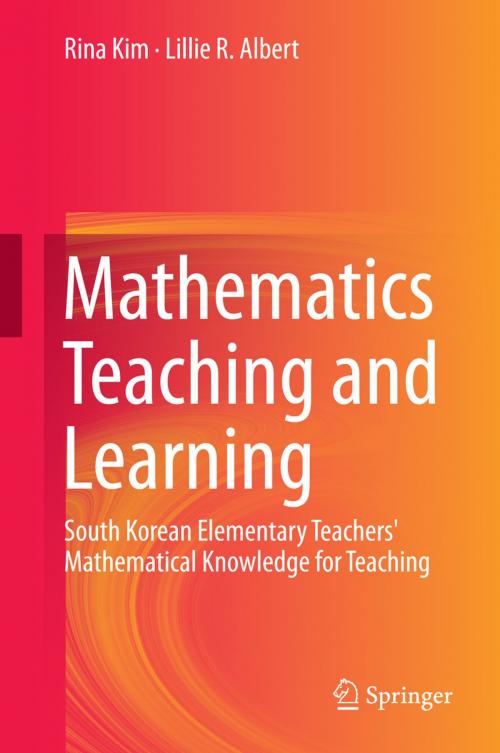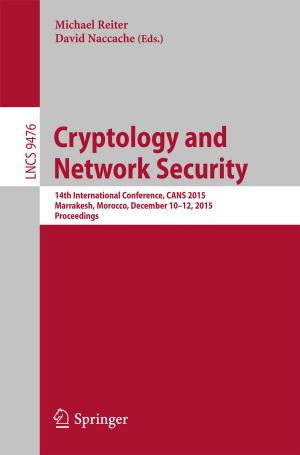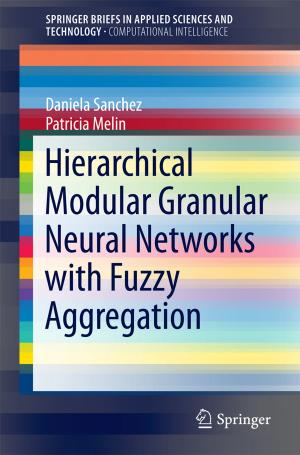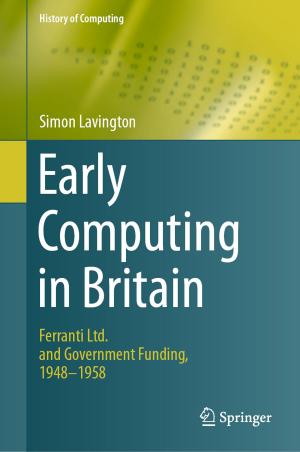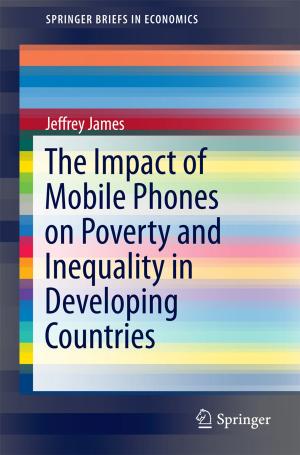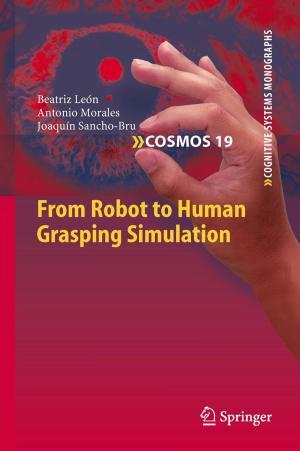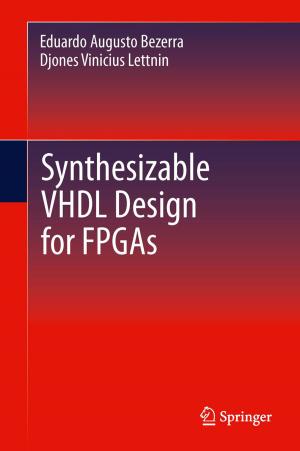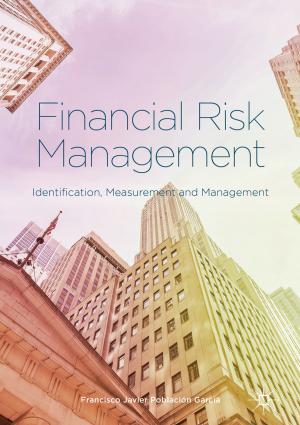Mathematics Teaching and Learning
South Korean Elementary Teachers' Mathematical Knowledge for Teaching
Nonfiction, Reference & Language, Education & Teaching, Teaching, Computers & Technology, Educational Theory, Educational Psychology| Author: | Rina Kim, Lillie R. Albert | ISBN: | 9783319135427 |
| Publisher: | Springer International Publishing | Publication: | March 24, 2015 |
| Imprint: | Springer | Language: | English |
| Author: | Rina Kim, Lillie R. Albert |
| ISBN: | 9783319135427 |
| Publisher: | Springer International Publishing |
| Publication: | March 24, 2015 |
| Imprint: | Springer |
| Language: | English |
The purpose of this research is to identify the categories of South Korean elementary teachers’ knowledge for teaching mathematics. Emerging from the data collected and the subsequent analysis are five categories of South Korean elementary teachers’ knowledge for teaching mathematics: Mathematics Curriculum Knowledge, Mathematics Learner Knowledge, Fundamental Mathematics Conceptual Knowledge, Mathematics Pedagogical Content Knowledge, and Mathematics Pedagogical Procedural Knowledge. The first three categories of knowledge play a significant role in mathematics instruction as an integrated form within Mathematics Pedagogical Content Knowledge. This study also demonstrated that Mathematics Pedagogical Procedural Knowledge might play a pivotal role in constructing Mathematics Pedagogical Content Knowledge. These findings are connected to results from relevant studies in terms of the significant role of teachers’ knowledge in mathematics instruction.
The purpose of this research is to identify the categories of South Korean elementary teachers’ knowledge for teaching mathematics. Emerging from the data collected and the subsequent analysis are five categories of South Korean elementary teachers’ knowledge for teaching mathematics: Mathematics Curriculum Knowledge, Mathematics Learner Knowledge, Fundamental Mathematics Conceptual Knowledge, Mathematics Pedagogical Content Knowledge, and Mathematics Pedagogical Procedural Knowledge. The first three categories of knowledge play a significant role in mathematics instruction as an integrated form within Mathematics Pedagogical Content Knowledge. This study also demonstrated that Mathematics Pedagogical Procedural Knowledge might play a pivotal role in constructing Mathematics Pedagogical Content Knowledge. These findings are connected to results from relevant studies in terms of the significant role of teachers’ knowledge in mathematics instruction.
